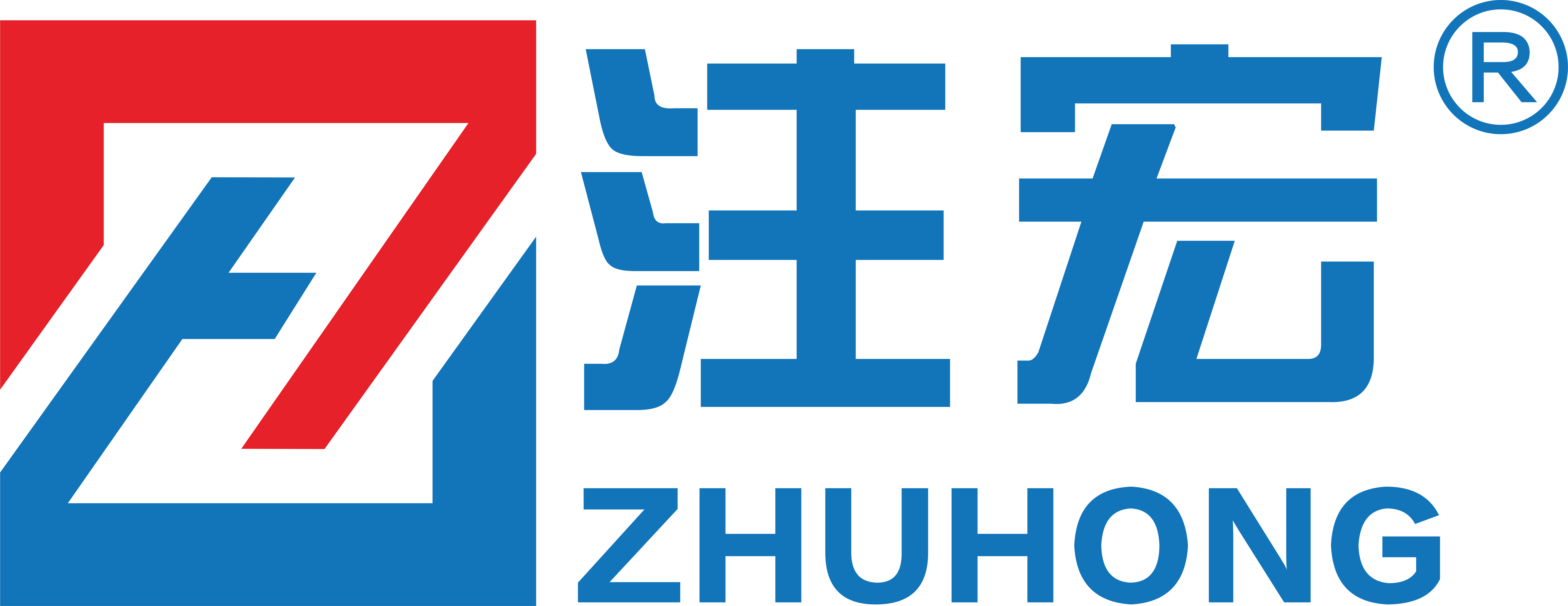
Ultimate Guide to Selecting the Best Aluminum Motor for Global Procurement
As industries worldwide increasingly pivot towards sustainable and efficient solutions, the aluminum motor has emerged as a pivotal component in various applications, ranging from automotive to renewable energy. According to a report by MarketsandMarkets, the global electric motor market is expected to grow from $117.5 billion in 2020 to $165.5 billion by 2026, with aluminum motors playing a significant role in this transformation due to their lightweight and corrosion-resistant properties. This growth highlights the urgent need for businesses to understand the intricacies of selecting the best aluminum motors suitable for their specific needs. Factors such as energy efficiency, durability, and application suitability must be meticulously considered, particularly in sectors like manufacturing and transportation, where operational efficiency is paramount. By delving into product application cases and analyzing compelling reasons for selection, this guide will equip procurement professionals with the insights needed to ensure optimal performance and sustainability in their operations through the use of aluminum motors.

Advantages of Aluminum Motors in Global Procurement
Aluminum motors are rapidly gaining popularity in the realm of global procurement, and for good reason. One of the major advantages of aluminum motors is their lightweight nature, which makes them ideal for applications that require efficiency and mobility. This attribute not only simplifies transportation logistics but also minimizes energy consumption during operation, enhancing overall performance. In industries that prioritize speed and agility, such as automotive and aerospace, the use of aluminum motors can lead to significant improvements in operational sustainability.
Another key benefit of aluminum motors is their resistance to corrosion. Unlike their steel counterparts, aluminum motors are less prone to rust and degradation when exposed to harsh environmental conditions. This durability translates to reduced maintenance costs and extended service life, making them a smart investment for companies looking to streamline procurement processes globally. Furthermore, the inherent thermal conductivity of aluminum allows for better heat dissipation, which improves motor efficiency and reliability in various applications. As businesses continue to prioritize longevity and efficiency, the advantages of aluminum motors become increasingly apparent in global procurement strategies.
Advantages of Aluminum Motors in Global Procurement
Key Features to Consider When Selecting Aluminum Motors
When selecting aluminum motors for global procurement, there are several key features that require careful consideration to ensure optimal performance and reliability. First and foremost, the motor's efficiency plays a critical role. According to the International Energy Agency (IEA), electric motors account for approximately 45% of global electricity consumption in industrial applications. Selecting high-efficiency aluminum motors can lead to significant energy savings, with efficiency ratings often exceeding 90%, which translates to both lower operational costs and a reduced environmental impact.
Another crucial factor is the environmental conditions under which the motor will operate. The NEMA (National Electrical Manufacturers Association) outlines various enclosure types suited for different environments, such as humidity, temperature variations, and potential exposure to corrosive elements. For instance, an aluminum motor with a suitable IP (Ingress Protection) rating can withstand harsh conditions, thereby minimizing maintenance costs and downtime. Furthermore, the choice of insulation type is vital, with Thermoset and Thermoplastic options having different thermal ratings and impact on motor longevity. Investing in the right combination of features ensures that the selected aluminum motor aligns with the specific operational needs and sustainability goals of the organization.
Comparative Analysis: Aluminum Motors vs. Other Materials
When selecting a motor for global procurement, the material composition plays a crucial role, with aluminum motors offering unique advantages over their counterparts. According to a recent report by MarketsandMarkets, the global aluminum motor market is projected to grow at a CAGR of 5.2% from 2021 to 2026, driven by the material's lightweight properties and excellent thermal conductivity. These properties make aluminum motors particularly well-suited for applications requiring efficient heat dissipation, such as in the automotive and aerospace industries.
In contrast, other materials like cast iron and steel present their own challenges. Cast iron, while sturdy, is significantly heavier and less efficient in high-speed applications. A study from the International Journal of Applied Engineering Research indicates that an aluminum motor can reduce overall system weight by up to 30%, enhancing energy efficiency. Additionally, aluminum’s inherent resistance to corrosion adds to its durability compared to steel, which can suffer from rust and may require coatings, increasing maintenance costs. As companies globally look for more sustainable and efficient solutions, aluminum motors are emerging as a favorable choice in the competitive landscape.
Understanding the Long-term Cost Benefits of Aluminum Motors
In the context of global procurement, selecting the best aluminum motor can lead to significant long-term cost benefits for manufacturers and end-users alike. Aluminum motors are not only lighter than their steel counterparts, allowing for improved energy efficiency, but they also offer enhanced durability and corrosion resistance, which can reduce maintenance costs over the motor's lifecycle. Studies show that aluminum motors can achieve overall reductions in energy consumption by up to 15%, contributing to a decrease in operational costs while promoting environmentally friendly practices. The transportation sector, a major contributor to greenhouse gas emissions, is increasingly leaning towards solutions like aluminum motors as part of their sustainability initiatives.
Moreover, the current geopolitical landscape, marked by the introduction of tariffs on imported vehicles, has amplified the need for domestic alternatives that can help stabilize costs. The recent tariffs imposed on automotive imports could inflate production costs by as much as 25%, which emphasizes the importance of selecting cost-effective materials and components like aluminum. As companies look to optimize their supply chains under these circumstances, the total cost of ownership for aluminum motors becomes a crucial factor in decision-making. Enhanced efficiency paired with lower long-term costs positions aluminum motors as a favorable option amid rising production pressures and trade uncertainties.
Environmental Impact and Sustainability of Aluminum Motor Use
The environmental impact of aluminum motors is increasingly coming under scrutiny as industries strive for sustainable practices. Aluminum, known for its lightweight and durability, plays a vital role in reducing energy consumption across various applications, from automotive to industrial machinery. When selecting an aluminum motor, it's essential to consider not only its performance but also the carbon footprint associated with its production and lifespan. By opting for motors that utilize recycled aluminum, companies can significantly lower their environmental impact and contribute to a circular economy.
Additionally, the sustainability of aluminum motors can be enhanced by their energy efficiency. Modern aluminum motors are designed to operate with lower energy consumption compared to traditional motors, which translates to reduced greenhouse gas emissions during their operational period. Furthermore, as electricity generation shifts toward renewable sources, the potential for aluminum motors to contribute to a greener manufacturing process becomes even more pronounced. Companies dedicated to sustainable procurement should prioritize aluminum motors that not only meet performance standards but also adhere to environmental regulations and sustainability certifications, ensuring a responsible choice for a greener future.
-

Phone
Phone

0086-13586199782
-

E-mail
-

Whatsapp
-

Wechat
Wechat

-

Top
